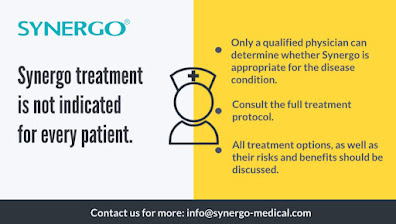Long-Term Experience with Radiofrequency-Induced Hyperthermia Combined with Intravesical Chemotherapy for Non-Muscle Invasive Bladder Cancer.
We are honoured to share a peer-reviewed article on Synergo published in Cancers 2021 Journal by Iris S. G. Brummelhuis et al. https://pubmed.ncbi.nlm.nih.gov/33498535/.
Their work concludes that Synergo is effective in NMIBC patients in whom standard intravesical treatments have failed and should be considered in patients who are unwilling or unfit to undergo radical cystectomy.
Patients characteristics:
299 intensively pretreated patients. Of these, 274 patients who fulfilled induction treatments were included in efficacy analysis.
BCG-unresponsive NMIBC: 85.4% of the patients (BCG Refractory: 65% and BCG Intolerant 7.7%).
Patients with CIS with or without concomitant papillary tumor: 46.7% of the patients.
Results following Synergo treatment:
For CIS, six-month complete response -rate was 56.0%; and durable response rates were 79.7%, 66.5%, and 40.3% at one-, two- and five-year, respectively.
Recurrence free survival rates for papillary patients were 77.9%, 57.5%, and 37.2%, at one-, two- and five-year, respectively respectively.
Patients treated with ablative dose are less likely to develop recurrence (adjusted Hazard Ratio 0.54, p = 0.01), compared to adjuvant dose.
In total, 22 (8.5%) of all patients progressed to MIBC, of whom 20 had a high-grade tumor prior to RF-CHT and all 22 patients previously have been treated with BCG (21 BCG refractory, 1 unknown reason for BCG discontinuation). Eleven (4.3%) patients had distant metastases up to one year after treatment.
During the mean follow-up period of 55.5 months, 80 patients (29.2%) received a radical cystectomy with or without neoadjuvant chemotherapy. The bladder preservation rate for this follow-up period was thus 70.8%.
Medical Enterprises


